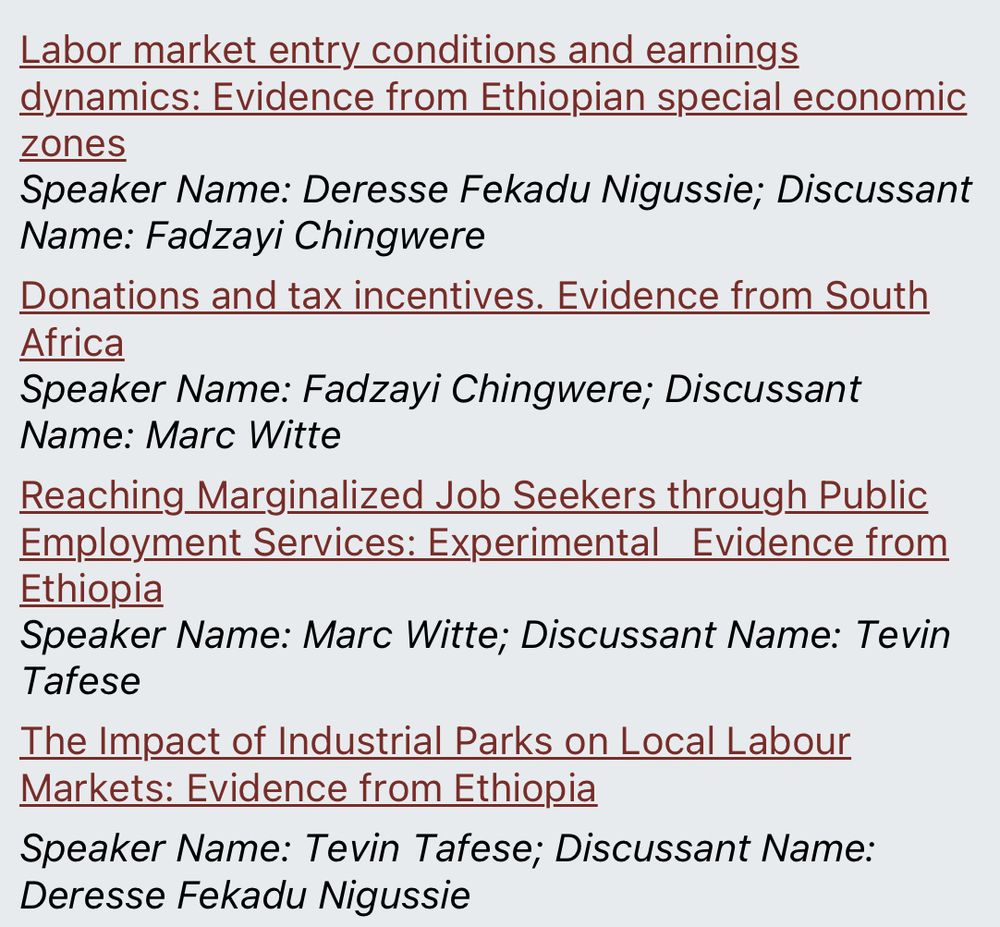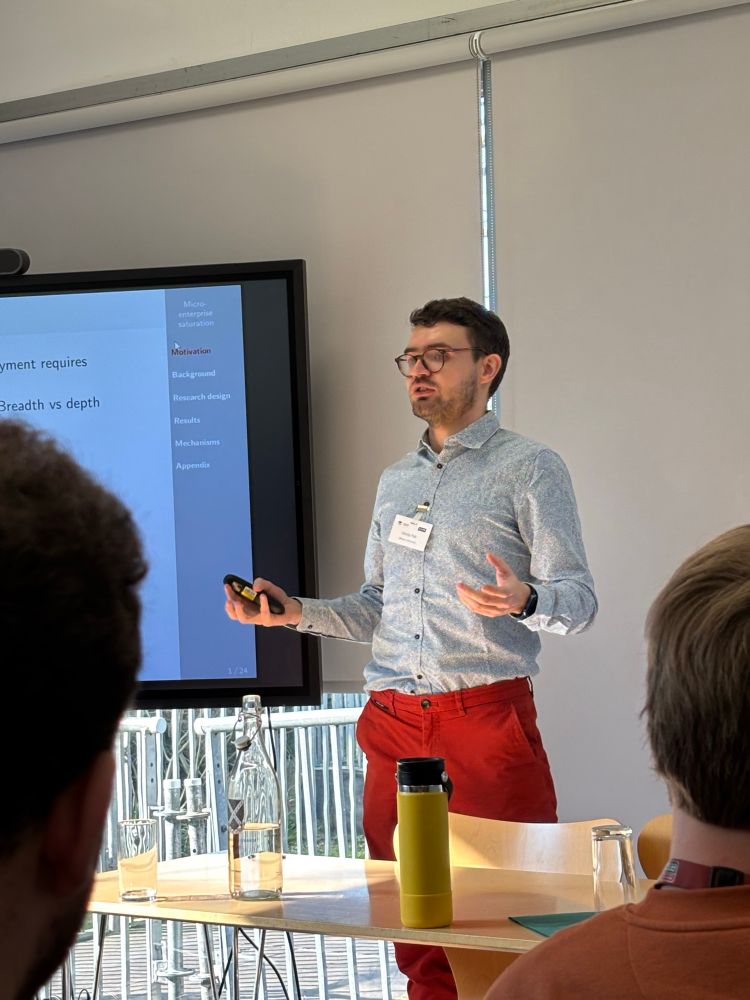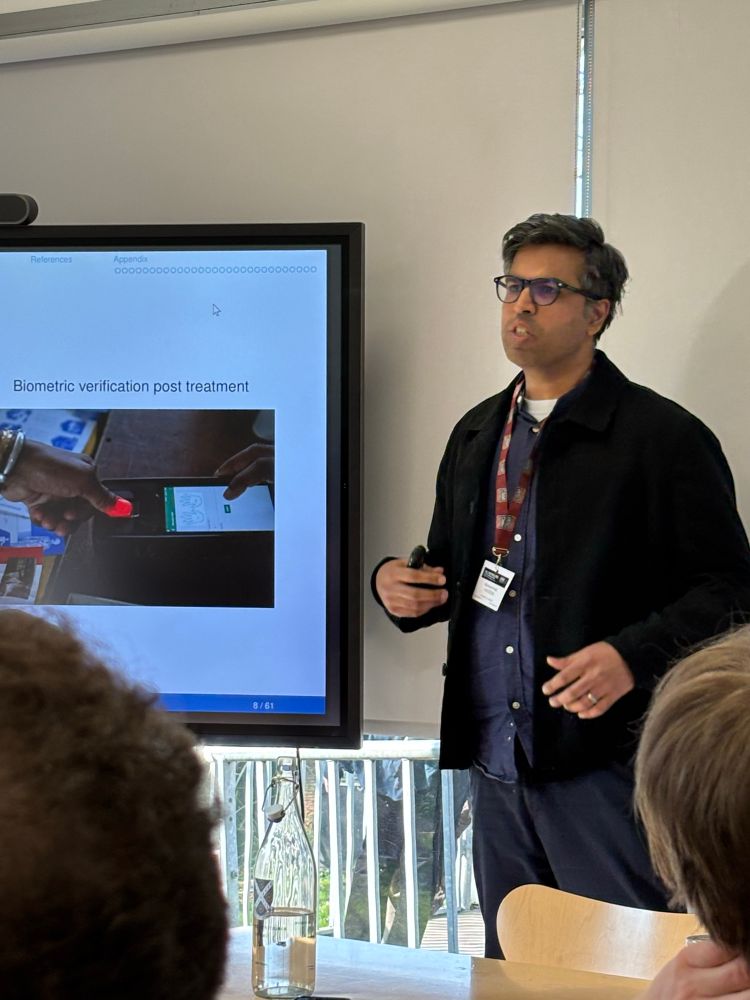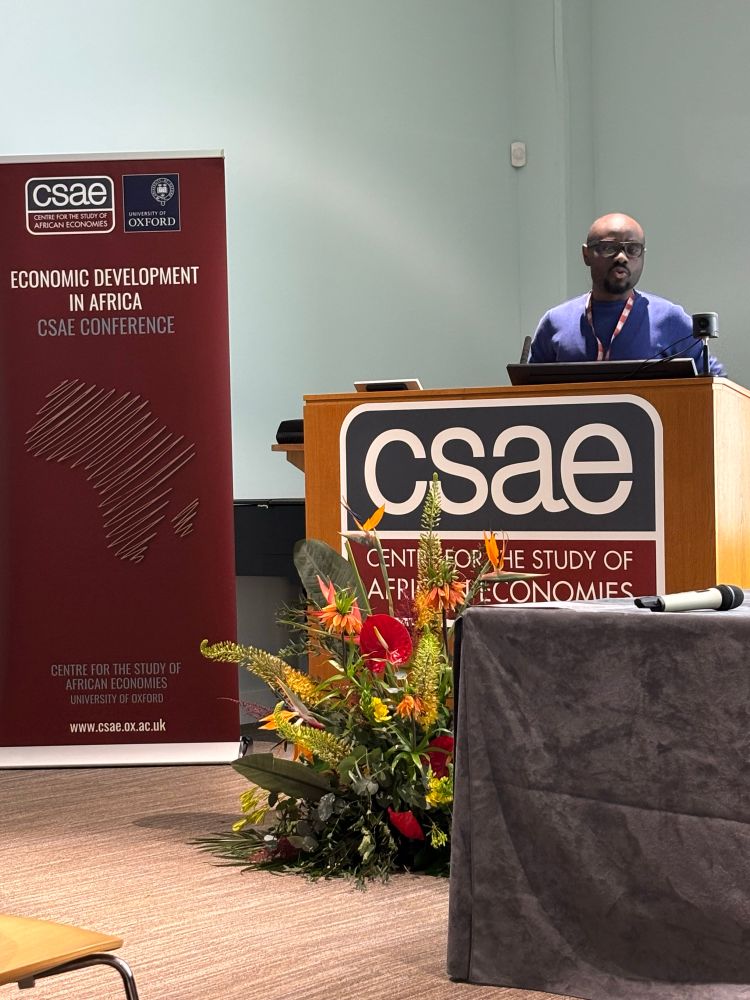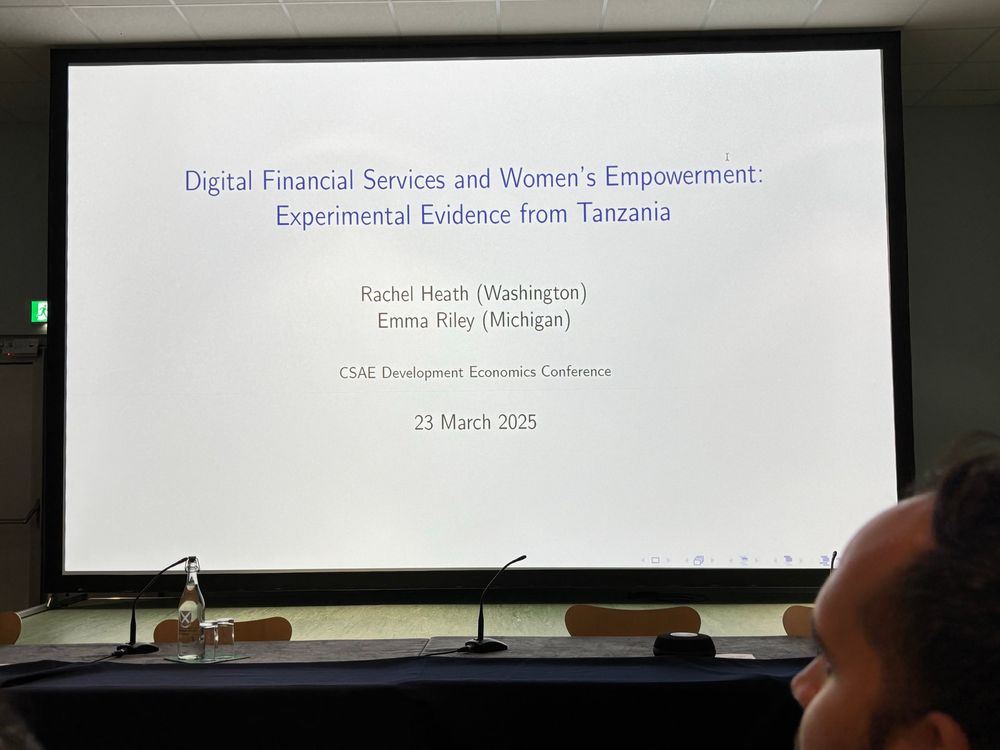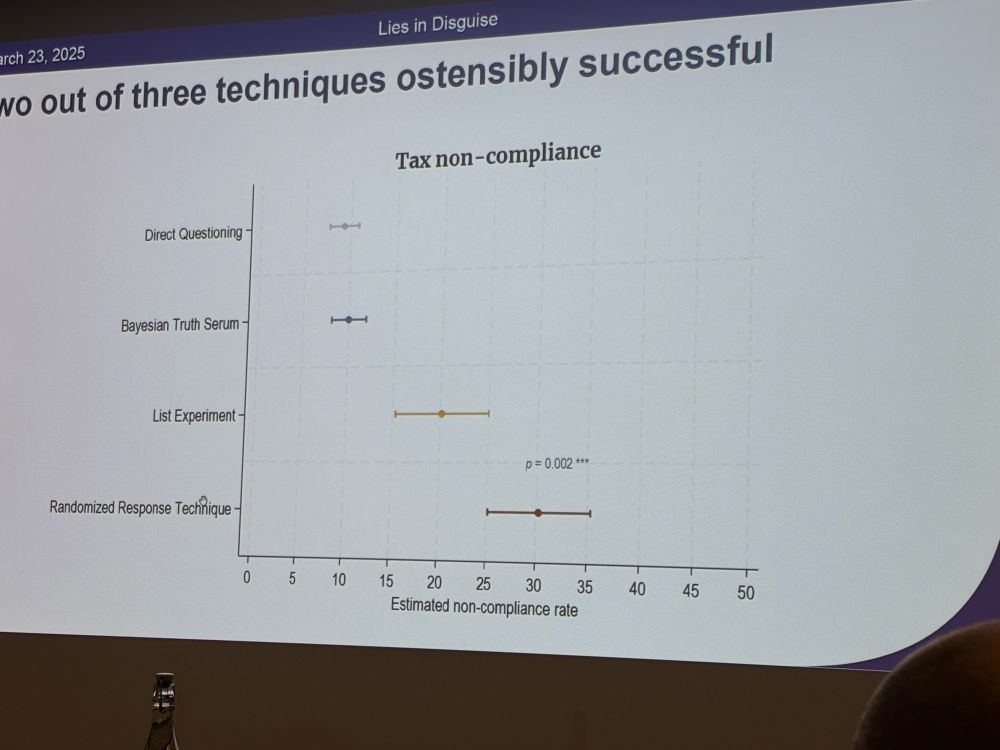



@marcjosefwitte.bsky.social , @balgovamaria.bsky.social , Tsegay Tekleselassie, and I have a new working paper using a field experiment to study the causal impact of pay information in job adverts on application numbers and applicant skills. A🧵

@marcjosefwitte.bsky.social , @balgovamaria.bsky.social , Tsegay Tekleselassie, and I have a new working paper using a field experiment to study the causal impact of pay information in job adverts on application numbers and applicant skills. A🧵








